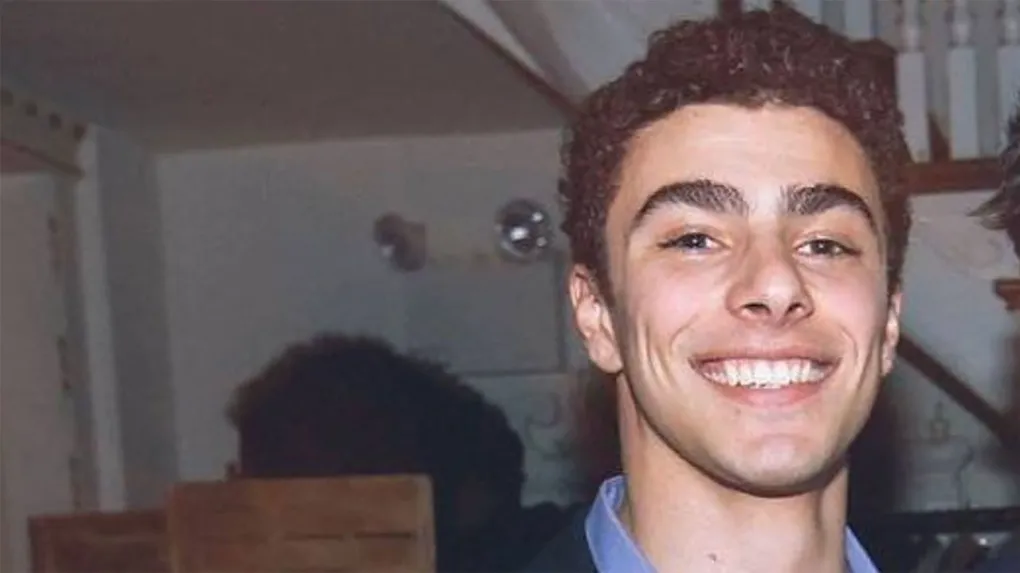New York, NY - The shocking daylight assassination of Brian Thompson, CEO of UnitedHealthcare, has sent shockwaves through the nation. Luigi Mangione, the man accused of the brazen killing, was apprehended in Pennsylvania and is now facing murder charges.
The chilling incident unfolded Wednesday morning outside a Manhattan hotel, captured on surveillance footage that has gone viral. The video shows Mangione calmly approaching Thompson before opening fire in broad daylight, leaving the prominent healthcare executive dead in front of horrified onlookers.
Mangione's arrest came after a multi-state manhunt, aided by surveillance footage that tracked his movements after the shooting. Authorities released images of the suspect, leading to his eventual capture.
A Manifesto of Rage
Following his arrest, Mangione was interrogated in Pennsylvania. According to sources, he was carrying a "manifesto" detailing his grievances against the healthcare industry. The document reportedly accuses companies like UnitedHealthcare of prioritizing profits over patient well-being.
"He seems to harbor a deep resentment towards the American corporate world," a law enforcement source told reporters.
Mangione, who has no prior criminal record, was born and raised in Maryland. His most recent residence was listed in Hawaii, but he reportedly attended university in Pennsylvania.
The motive behind Thompson's murder remains under investigation, but Mangione's manifesto suggests a targeted attack fueled by anger towards the healthcare system. The case has ignited a national conversation about corporate duty and the safety of high-profile executives.
Exclusive Interview with Dr.Sarah Miller, Industrial Psychology Expert
NewsDirectory3: Dr. Miller, the assassination of Brian Thompson has left many asking: how could this happen? And what does it say about the climate in corporate America today?
Dr. Miller: This tragedy is deeply disturbing and highlights the growing frustration many feel towards the complexities and at times seemingly impersonal nature of large corporations. While this act of violence is an extreme outlier, the grievances expressed in Mangione's manifesto resonate with a broader public sentiment.
NewsDirectory3: Mangione's manifesto reportedly blames companies like UnitedHealthcare for prioritizing profits over patient well-being. Is this a valid concern?
Dr.Miller: It's a complex issue. While corporations are ultimately driven by profit, the best ones understand that long-term sustainability relies on ethical practices and meeting their stakeholders' needs including patients. The challenge lies in finding that delicate balance between profitability and social responsibility.
NewsDirectory3: How does this incident impact perception of corporate leadership and security?
Dr.Miller: This case serves as a stark reminder that even high-profile executives are vulnerable. Security measures will undoubtedly be reevaluated but it also begs whether fostering open dialogue and addressing public concerns could prevent such extreme reactions in future.
NewsDirectory3:: What message should corporations take away from this tragedy?
Dr.Miller:: Transparency empathy,and genuine commitment to ethical practices are crucial.Corporations must actively listen to stakeholder concerns,address them meaningfully,and demonstrate genuine commitment to well-being those they serve.
